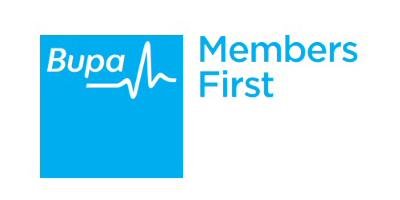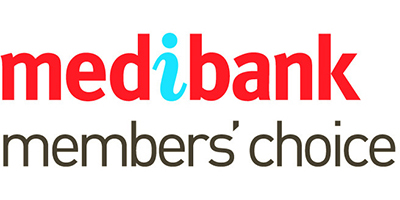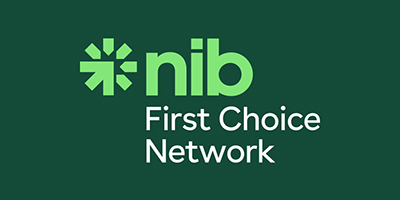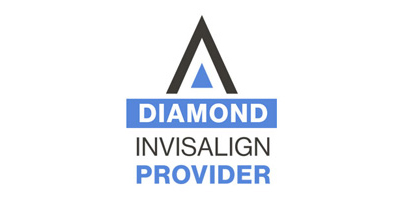Preventive Dentistry
Good dental health is essential to an individual’s overall well-being. When your teeth, gums, and mouth are healthy, you can eat, drink, and speak without pain or discomfort. Achieving optimal dental health requires proactive care, and preventive dentistry plays a crucial role in maintaining this health and preventing future problems. At Hornsby Dental, we are committed to providing the best preventive dental care to help you achieve a healthy smile and a higher quality of life.
In this article, we’ll explore what preventive dentistry is, why it’s so important, and the various preventive services offered at Hornsby Dental.
What is Preventive Dentistry?
Preventive dentistry is all about the practices and measures taken to maintain and improve oral health, focusing on preventing dental issues before they develop. The primary goal of preventive dentistry is to avoid conditions such as tooth decay, gum disease, enamel wear, and the need for expensive treatments like dentures or tooth extractions.
Preventive dentistry involves a combination of good daily oral hygiene habits, regular dental checkups, and professional cleanings. These practices help to reduce the risk of oral health problems, ensuring that your smile remains bright and healthy for years to come.
The Importance of Preventive Dentistry
Taking preventive measures ensures that you can avoid or minimise the severity of dental problems. Ignoring your oral health can lead to serious consequences, such as cavities, gum disease, and even tooth loss. But with the right preventive care, these issues can be easily prevented or detected early before they become major problems.
In addition to promoting a healthy smile, preventive dentistry also helps maintain your overall health. Studies have shown that poor dental health can be linked to secondary health conditions such as heart disease, diabetes, respiratory issues, and osteoporosis. By practising good oral hygiene and maintaining regular dental visits, you can reduce the risk of these complications.
Key Components of Preventive Dentistry at Hornsby Dental
At Hornsby Dental, we emphasise the importance of prevention as the best form of dental care. Our team of dedicated dentists and oral health therapists provide a range of preventive services that ensure your teeth, gums, and mouth remain in excellent condition.
1. Daily Brushing and Flossing: The Foundation of Preventive Care
One of the most essential aspects of preventive dentistry is daily brushing and flossing. These basic yet powerful habits are vital for maintaining oral health. Brushing your teeth twice a day with fluoride toothpaste helps to remove plaque, the sticky film of bacteria that can lead to tooth decay and gum disease.
Flossing is equally important, as it removes plaque and food particles from the tight spaces between your teeth, where your toothbrush can’t reach. Regular flossing helps to prevent cavities, gum disease, and bad breath.
At Hornsby Dental, we take the time to demonstrate correct brushing and flossing techniques, especially for those who may have difficulty flossing, such as people with braces. We can help ensure you are getting the full benefit of these daily practices, which are the first line of defence in preventive dentistry.
2. Regular Routine Checkups and Cleanings
In addition to daily oral hygiene, regular visits to the dentist are essential for maintaining good dental health. We recommend scheduling a routine checkup and clean every six months to keep your teeth and gums in top condition.
During these visits, one of our skilled dentists or oral health therapists will thoroughly examine your teeth, gums, and mouth to detect any signs of potential issues. If necessary, we will take X-rays to look for problems that may not be visible to the naked eye, such as cavities between teeth or issues below the gum line.
Professional cleaning is also an important part of preventive dentistry. Even with daily brushing and flossing, plaque and tartar can still build up on your teeth over time. A thorough cleaning removes this buildup, preventing gum disease and helping to keep your teeth bright and healthy.
At Hornsby Dental, if you have private health insurance, you may be eligible for up to two no-gap dental cleans per year when you visit our oral health therapist. Please contact our friendly front desk team to book your appointment or to learn more about this service.
3. Preventive Care During Pregnancy
Pregnancy is a time of many changes in a woman’s body, and oral health is no exception. Pregnancy hormones can increase the risk of gum disease and other dental problems, making it even more important to maintain good oral hygiene and continue with regular checkups and cleanings during this time.
There is also evidence linking poor oral health to complications during pregnancy, such as premature birth or low birth weight. At Hornsby Dental, we encourage expectant mothers to stay on top of their dental care and maintain their six-monthly visits to keep both their oral health and overall health in check.
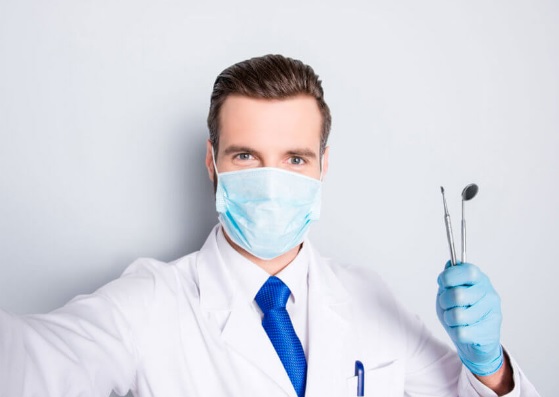
4. Secondary Health Problems Linked to Poor Dental Health
Heart disease:
Gum disease has been linked to an increased risk of heart disease, as bacteria from the mouth can enter the bloodstream and contribute to plaque buildup in the arteries.
Diabetes:
Gum disease can make it more difficult to control blood sugar levels, and poorly controlled diabetes can, in turn, lead to more severe gum disease.
Cancer:
Oral cancers are more likely in individuals with poor dental hygiene and gum disease.
Respiratory diseases:
Gum disease can increase the risk of respiratory infections, as bacteria from the mouth can be inhaled into the lungs.
Osteoporosis:
There is a connection between gum disease and osteoporosis, as both conditions involve bone loss.
5. Healthy Diet: A Key to Preventive Dentistry
Diet plays an essential role in preventive dentistry. A balanced diet that includes plenty of fruits, vegetables, whole grains, and lean proteins provides the nutrients your body and teeth need to stay healthy.
Limiting your sugar intake is also crucial, as sugary foods and drinks contribute to tooth decay. Additionally, drinking plenty of water helps to wash away food particles and bacteria from your teeth, while also keeping your mouth hydrated.
6. Prevention is Always Better Than Intervention
At Hornsby Dental, we firmly believe that prevention is always better than intervention. Just like maintaining a prized car or musical instrument, your smile requires routine care to keep it functioning at its best. During each checkup, we will thoroughly examine your teeth and gums, remove plaque and tartar, and help to prevent potential issues from arising.
If any issues are detected, we can address them early, preventing the need for costly or invasive treatments down the track. We will also remove stains caused by tobacco, tea, or coffee, so you can smile with confidence. Our team will finish your treatment with a gentle polish using a remineralising paste to leave your teeth feeling fresh and protected.
To ensure that any underlying problems are caught early, we recommend having new dental X-rays taken every 1-2 years. This will help us detect issues that might not be visible during a routine exam.
Specials & Deals
New patient
check up & clean
$219 or NO GAP
Dental
Veneers
FROM $30 a WEEK
Dental Crowns/Bridges
FROM $1,820 EACH
Dental Implant Surgery
FROM $5,199 EACH
Invisalign Diamond Provider
FROM $5,199 EACH
Teeth Whitening Save up to 50%
FROM $449
Meet Our Dentists

Dr. Mark Neih
BDS (Otago, NZ)

Dr. Philip Song
BDS (Hons) (USyd) Bsc

Dr. Richard Huang
DMD (USyd)

